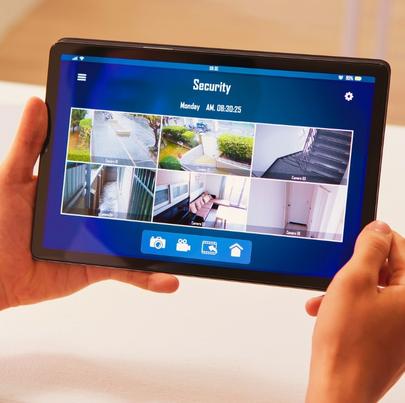More than 25 percent of cases involving nursing home abuse and neglect in the U.S. are not reported to proper authorities despite federal and state laws and regulations requiring them to do so. Federally funded nursing homes must report abuse and neglect incidents immediately; many facilities fail to make reports to the appropriate agencies. According to recent studies, Illinois has had more unreported cases of abuse and neglect than any other state.

Unreported Cases of Abuse
Federal and state laws require all long-term care facilities with federal funding to report alleged or suspected abuse or neglect cases to proper authorities immediately. However, recent studies show that up to 15 percent of facilities keep abuse incidents hidden. The Social Security Act requires skilled nursing homes with residents supported by Medicare to investigate all allegations of neglect, abuse, mistreatment, and personal injury to the administrator of the facility within five days. Reports are then submitted to the appropriate federal or state agency, as well as a local law enforcement agency within the jurisdiction. Failure to report suspicions and allegations of nursing abuse are subject to civil penalties of up to $300,000 and possible exclusion from participation in any federally-funded health care program.
Investigations of nursing home abuse show that approximately 22 percent of Medicare beneficiaries in skilled nursing facilities report experiencing some type of abuse or neglect as a nursing home resident. Reported cases include personal injuries as a direct result of physical abuse, sexual abuse, and neglect by facility staff members. Injuries reported include bruises, lacerations, fractures, and broken bones from falls while being pushed or ignored, as well as physical and emotional trauma from sexual abuse. Many residents reported cases of pressure sores, skin infections, internal bacterial infections, malnutrition, dehydration, and adverse reactions to medications due to neglect. Over 50 percent of residents who suffered injuries from these conditions required emergency hospital care and treatment for injuries. A nursing home abuse lawyer handles many injury claims as a result of such abuse.
Auditors looked at 134 emergency room cases that occurred in 2015 and 2016 that indicated possible neglect or abuse of nursing home residents. In 28 percent of those cases, there was no evidence that the proper authorities had been notified. In the 96 cases that had eventually been reported, investigators could not determine whether immediate notification regulations had been followed.
Electronic Monitoring Protection
On January 1, 2016, Illinois enacted a law that allows nursing home residents to have electronic monitoring cameras in their individual rooms, however, the law places ownership and control of electronic monitoring devices with residents. Nursing home residents who choose to install monitoring cameras must spend their own money to purchase the electronic device, have it installed and maintained, and remove it from the room if necessary.
The Authorized Electronic Monitoring in Long-Tern Care Facilities Act puts legislation into place that prevents any editing, enhancement or destruction of nursing home video evidence taken from residents’ rooms by nursing home staff or administrative personnel, and makes the video admissible in state courts. By law, video evidence is admissible in Illinois court proceedings when an initial lawsuit is filed, as well as in later proceedings that are related to the same case. If a resident or resident’s family members file a lawsuit based on abuse or neglect, he/she must provide video or audio recordings made during the time of the alleged abuse to all parties in an administrative, civil or criminal proceeding.
Illinois Nursing Home Regulations
The Illinois Department of Public Health (IDPH) regulates nursing home facilities in Illinois. The department receives approximately 20,000 complaints of nursing home-related accidents and injuries each year. According to state regulations, nursing homes are required to provide the highest quality of resident care possible, and facilities that fail to meet these standards are subject to fines and other enforcement actions.
Inspections
Over 1,300 on-site inspections are conducted annually to evaluate nursing home staff, equipment, policies, and finances. Inspections of nursing home facilities are typically conducted once every 12 months, without giving prior notice to the facility. On-site inspections are conducted by a team of state surveyors, registered nurses, licensed nutritionists, environmental health professionals, and safety experts. During an inspection, team members conduct interviews with staff members and residents, observe care and procedures, and evaluate resident medical records. If nursing home abuse is suspected or reported at a facility, it is investigated immediately and findings are reported to proper authorities.
If federal or state violations are found, the facility is cited and fined. IDPH can impose a $10,000 civil fine for each violation, while federal fines can range from $50 to $10,000 per day. Nursing home facilities with severe or repeated federal violations can have their certification for Medicare or Medicaid suspended or revoked by the Centers for Medicare and Medicaid Services (CMS).







